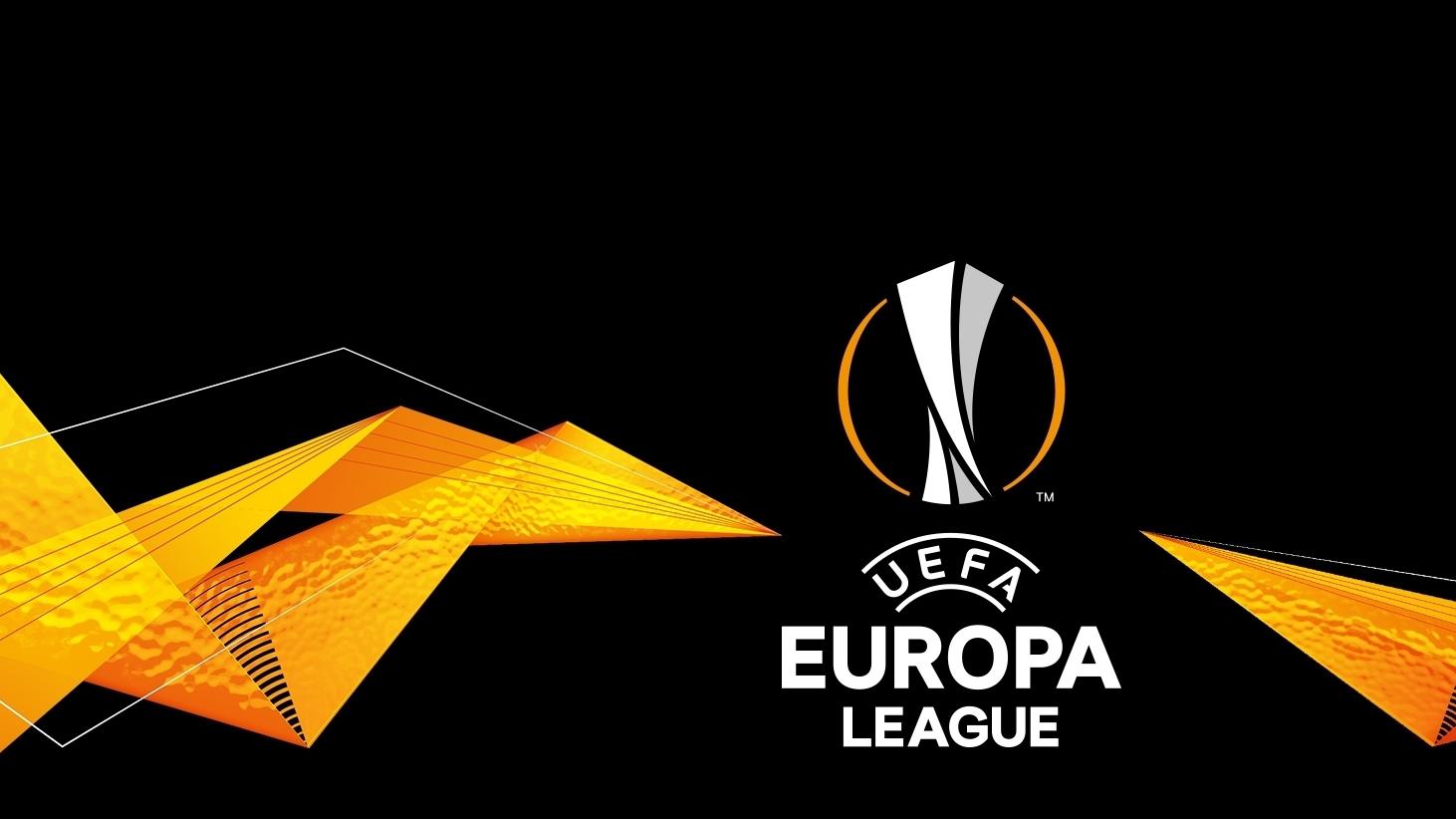
The UEFA Europa League is an annual club competition for European football clubs, and it is organized by the (UEFA) Union of European Football Associations. If you are a punter and love engaging in such big tournaments in your bets, it is advisable always to find more information about the teams involved.
If you love betting on casino games, look for more information about the casino games on sites such as online roulette tech. From there, you will know how to bet and which games to place your money on.
Typically, UEL is a second-tier competition behind the UEFA Champions League. The performance of clubs in cup competitions and national leagues determine who plays in the UEFA Europa League. This is a big tournament for gamblers as it is among the top trends in football betting in the UK.
History
The competition was initiated as UEFA Cup in 1971. The cup came as a replacement for the Inter-Cities Fairs Cup. Until 1997, all UEFA Cup finals involved two legs, with the first final in Wolver Hampton on 3 May 1972. The return leg was in London on 17 May 1972.
One-match finals were started in 1998, and the match venue was to meet all the three standards by UEFA to host the finals.
However, in 1999 the UEFA Cup Winners’ Cup was abolished, and it joined the UEFA Cup. UEFA Cup format changed, and in the 2009-10 season, it was known as Europa League. This rebranding also included the merging of the UEFA Intertoto Cup.
The first-ever winner after the rebranding in 2010 was Atletico Madrid after winning 2-1 against Fulham in extra time.
Trophy
The football club that wins the UEFA Europa League receives the trophy from UEFA. Before the 2009-10 season where it rebranded, regulations had it that the winners could keep the trophy for one year and then return it to UEFA.
The club could only replicate the initial trophy but not the full size – only four-fifths. However, after winning the trophy five times or three consecutive times, the club was allowed to stay with the trophy permanently.
After the amendments in 2010, new rules state that the trophy remains a UEFA property at all times. Every winner will only receive a replica trophy in full size. If a club wins it five times or three times in a row, it gets a multiple-winner badge.
Qualification Formats
UEFA Europa competition is typically based on UEFA coefficients. Every major league receives two spots for teams that finish in various runners-up spaces in the top leagues and the main cup competition winner.
Football clubs may qualify for these European competitions via several routes, and if a club is eligible for the UEFA Champions League, it plays for the Champions League. It cannot play for the UEFA Europa League.
Distribution for qualification
Preliminary round (16 teams)
- 6 domestic league runners-up
- 6 domestic cup winners
- 4 third-placed teams on the domestic league
First qualifying round (94 teams)
- 30 domestic league runners-up
- 25 domestic cup winners
- 31 third-placed teams in the domestic league
Second qualifying round (74 teams)
- 2 domestic league runners-up
- 7 domestic cup winners
- 3 third-placed domestic league teams
- 9 fourth-placed domestic league teams
- 4 sixth-placed domestic league teams
- 2 fifth-placed domestic league teams
- Champions (20 teams)
Third qualifying round
- Champions 20 teams
- 5 domestic cup winners
- 1 fourth-placed domestic league team
- 6 third-placed domestic league teams
Playoff round
- Champions 16 teams
- Non-champions 26 teams
Group stages
- 12 domestic cup winners
- 4 fifth-placed domestic league teams
- 1 fourth-placed domestic league team
- 21 winners from playoffs
- 4 losers from third qualifying round in Champions League
- 6 losers from UEFA playoff round
Knockout phase (32 teams)
- 12 group winners
- 12 runners-up from group stages
- 8 third-placed clubs from Champions League
Prize Money
Clubs receive their prizes in monetary terms, and the board divides them based on results and participation. Participation in the group stages earns the club €3,630,000 as a base fee.
Victories in the group attract €630,000 while draws attract €210,000. Every group winner receives €1,100,000 while the runners-up collect €550,000.
There are also bonuses for getting to the knockout stages where the teams receive €500,000 for the round of 32. For the round of 16, they receive €1,200,000, €1,800,000 for getting to the quarter-finals and for the semis, the teams receive €2,800,000.
Runners-up in the final receive €4,600,000 while the champions pocket €8,600,000.
Sponsorship
Seven multinational corporations are sponsoring the UEFA Europa League. The main sponsors for the tournament include:
- Heineken
- Hankook Tire
- Kia
- Bwin – Entain Foundation
- Enterprise Rent-A-Car
- Engelbert Strauss
- Swissquote
- Just Eat Takeaway – Just Eat, Pyszne, Takeaway, Lieferando, Thuisbezorgd
Molten, a secondary sponsor, provides the official match ball. Individual clubs can advertise on their jerseys even for different sponsors than the UEFA Europa sponsors.
However, the clubs have permission to advertise only two sponsorships for every jersey. The sponsors should be on the left sleeve and at the chest. There could be exceptions for non-profit organizations.
